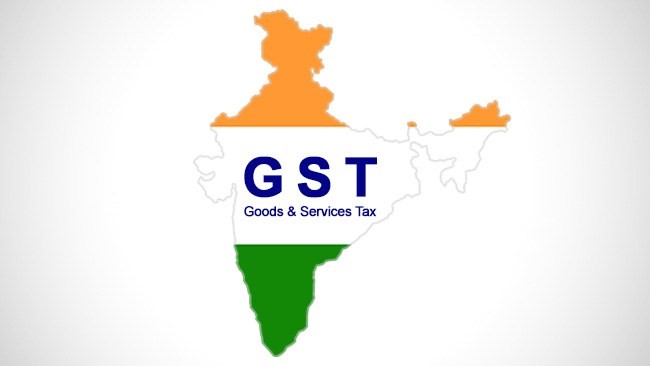With the GST impacting almost all sectors barring the milk, petroleum products, milk, and some others, it is for sure that there will be a considerable impact on the prices of different commodities and goods, which are an integral part of your daily life.
The biggest difference that will have a positive impact on the common man will be specifically apparent in the FMCG or the Fast moving consumer goods sector. Goods such as soaps, toothpaste, soft drinks and some others too which are taxed at a standard of 18% now. It should be noted that they were taxed somewhere between 24–28%. The goods of everyday use such as shampoos and chocolates are getting on the high-cost radar as they are categorized in the 28% slab. So, it is true that not all prices are becoming cheaper.
Well, there is some good news for the middle class in the auto sector as tax rates will reduce from an average of 35–40% to a standard 28%. So now you can fulfill your dreams of buying a bike or car. And if you are wondering how the revised tax rates will help you, seek the services of chartered account firms in Chennai or any other CA firms in your city.
GST will have another way of impacting the middle class as now there would be an opportunity for them in the stock markets.
GST has done away with a large number of intermediate taxes such as Excise duties, state-specific taxes, octroi charges, VAT, and so on. Till now most mid and small size companies would find different ways to evade some of these taxes. But since the time the GST has been implemented, the overall tax rate has reduced drastically.
Thus more and more companies will be forced to come out of ambiguous dealings and make the financial records more transparent. A company has to come out with a long list of financial records and documents so as to list its stocks in the BSE or NSE, until now, the small and medium-sized companies have thought it wise to keep a distance from these markets, as they were too afraid. Now with the help of Auditors in Chennai and other auditors in different metropolitan cities have helped them chalk down the financial nitty-gritty down to the last T.
As GST coerces these small but significant companies to be more transparent, there is hope that in the next few years more and more companies will declare their stocks in the markets. So will this actually have an impact on the common man?
Yes, it will, as these Indian firms generate money from markets. This is the reason why most companies think it better to list their stocks and this will surely create more job opportunities and emerge strong amidst foreign competition. The economy of the country will look up as more job opportunities will imply more youth being employed and this will ensure more economic growth.
Although a minuscule number of India’s population, as low as 0.7% of India’s population is investing and trading in stock markets, this number is slowly but surely changing. And the new entrants in the market are the enterprising 20–35-year-olds. Here also more companies listed would mean a jump in the investment opportunities and hence more growth.
Though it sounds simple, the fact that more business will give rise to still more business and create more job opportunities and more money to spend, but as they say it is easier said than done. So, let’s wait and watch and find out whether this will be translated into a reality and not go kaput like the demonetization furor.
Related Posts
Hi there! I’m Sethu, your go-to guy for all things tech, travel, internet, movies, and business tips. I love sharing insights and stories that make life more interesting. Let’s explore the world together, one article at a time!











